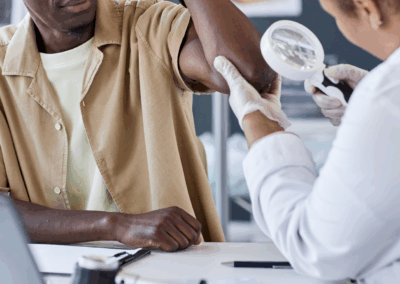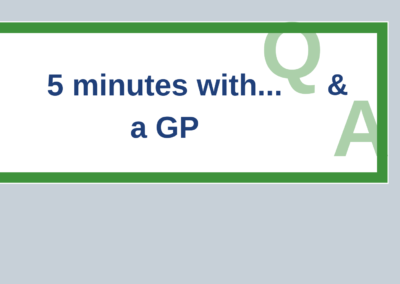‘In this situation, the GP referral was certainly lifesaving.’
Dr Patrick Davey is an NHS consultant from Consultant Connect’s National Consultant Network, working remotely in the local team conducting referral triage. He shares his experience of the service along with a recent patient case study example:
‘I look at all the referrals to cardiology, grade and deal with them. It is a helpful system as it means virtually all the referrals go through one person, so there’s consistency and the opportunity to build relationships with GPs.
I recently came across a patient who had been seen for a minor procedure in a nearby hospital. The patient was just about to have the procedure when the stand-by anaesthetist said, “let’s stop the operation, the heart’s going far too slow, it’s going 33, 34 beats per minute” So, they stopped the operation, did an ECG and sent the patient home. The ECG was then given to the GP, and this was added to the referral to cardiology which I reviewed. I immediately recognised this dangerous slow heart rhythm, so we got the patient into hospital and put a pacemaker in. In this situation, the GP referral was certainly lifesaving.
It’s highly likely that the referral through a more standard route would have had the same outcome, the difference, however, is that the electronic nature of the referrals has short-circuited the referral process. So, one might say that this patient had a pacemaker a week or more early, and that week could easily have been the week in which their heart stopped.’
Watch a clip of Dr Davey talking about the patient case study:




